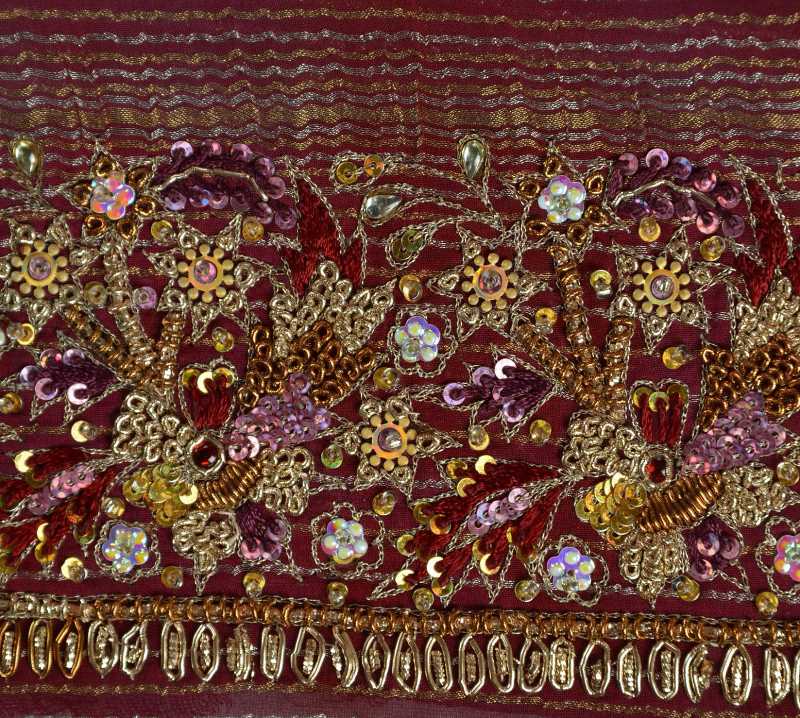===
0224,
3
===

=== |
 |
((adam : 'Non-possession, lack, want; non-existence, nonentity; nothing; annihilation; state of being lost; loss (of); absence; paucity, deficiency; default (of); neediness, destitution; non-performance, non-observance'. (Platts p.759)
ukha;Rnaa : 'To be rooted up or out, be plucked up or out, be extracted, be dug up, be extirpated; to be wiped out, effaced; to be scattered, dispersed; to be pulled down, razed, demolished, &c.; to break up; to be struck (a tent); to slip out, be dislocated (a bone); to be pulled, torn or ripped off; to be broken or severed (as friendship); to become alienated or estranged; to become displeased or offended (with, - se )'. (Platts p.68)
dast-e ;Gaib : ''The hidden hand'; a charm or incantation by means of which a hidden hand supplies one's wants'. (Platts p.516)
;Gaib : 'Absence; invisibility; concealment; anything that is absent, or invisible, or hidden (from sight or mental perception); a mystery, secret; an event of futurity; the invisible world, the future state (= ((aalam-e ;Gaib ); —adj. Absent; invisible, unseen, unapparent; hidden, concealed; latent; mysterious, secret'. (Platts p.774)
FWP:
SETS == HUMOR
MOTIFS == [BELOVED HAS NO WAIST]; ISLAMIC
NAMES
TERMSTruly it's an amusing verse! Mir doesn't have as many wild and crazy, madly witty and wittily mad, verses as Ghalib does, but he's by no means devoid of a fine sense of humor. (So much for Azad and his depiction of Mir as a quivering mass of ronaa-dhonaa , a pathetic innocent who never in his life had any fun.)
The ((adam in the first line invites us to imagine a jaunty or grandiose (Ghalibian) speaker, who might be in, or even beyond, some form of 'nonbeing'. But the second line makes us aware that it is the beloved's waist that has the quality of 'nonbeing'. What about the speaker himself? He and his addressee, the beloved, are left in a kind of existential limbo.
It's hard enough to decide how to translate a wide-ranging word like ((adam (see the definition above); but a phrase like dast-e ;Gaib is tricky indeed. For ;Gaib can be either a noun or an adjective. If it's taken as a noun, 'the hand of the Unseen' sounds a bit religious or at least portentously philosophical. By taking it as an adjective, we get 'unseen hand', which sounds much more versatile. (I would have liked 'invisible hand', but unfortunately Adam Smith and the economists got there first.) Then, is it 'an', or 'the', unseen hand? This too makes a difference in tone. In view of the lightness and wit of the present verse, I chose accordingly; but a case could also be made for going the other way.